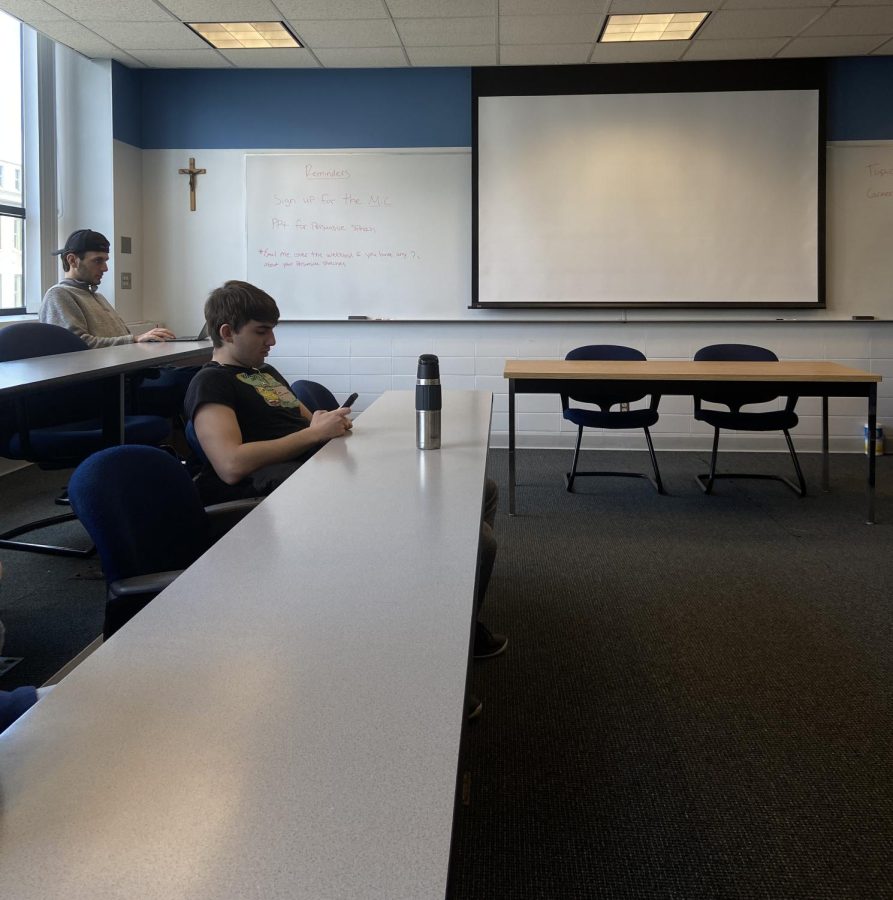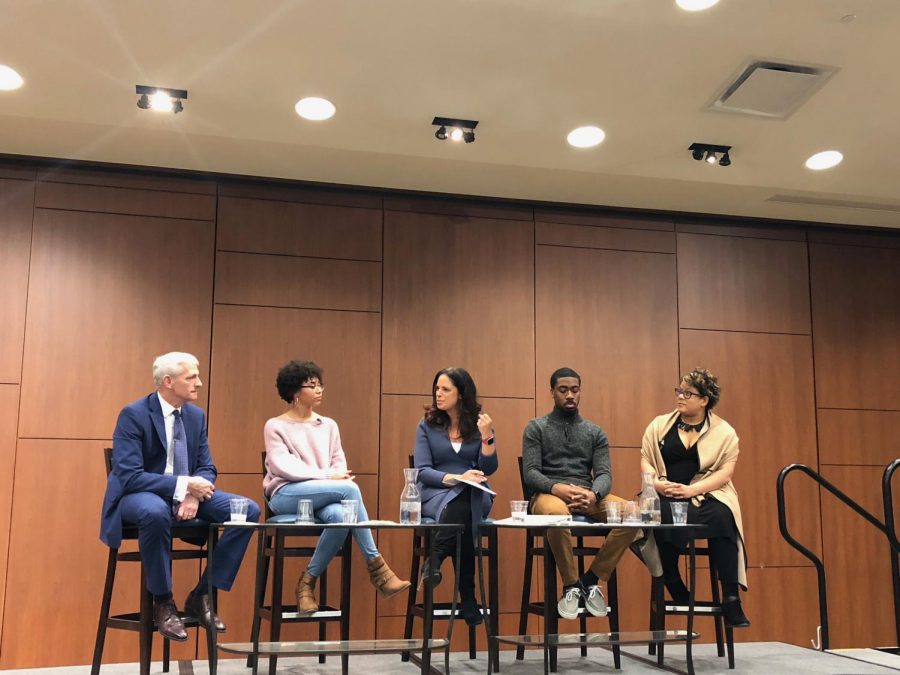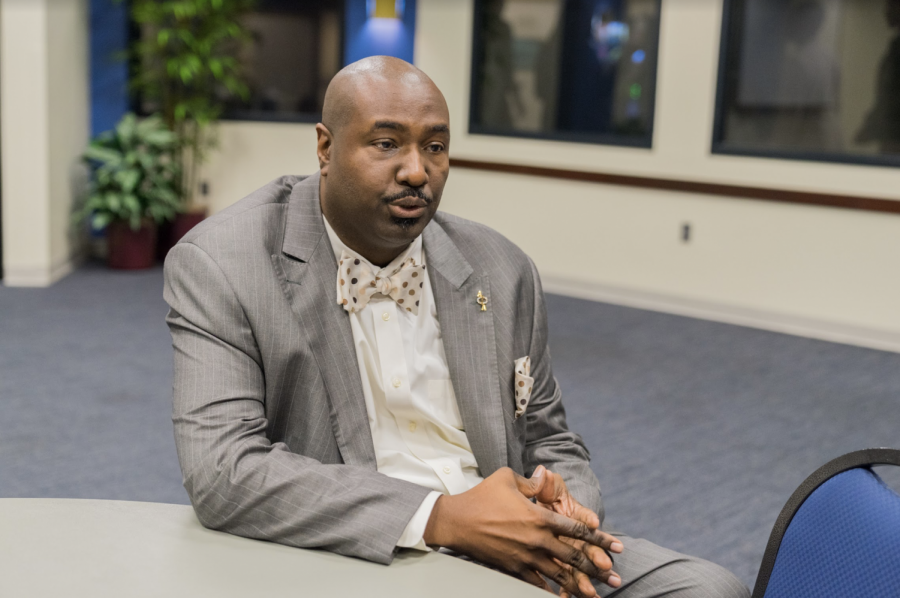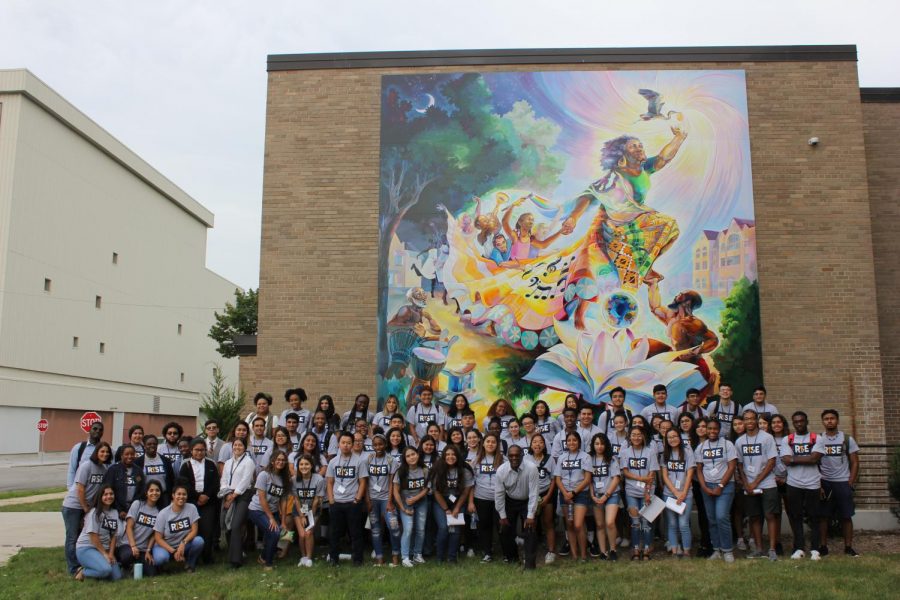In a somewhat surprising 4-3 decision last June, the U.S. Supreme Court ruled that the University of Texas could continue to use race as a factor in their admissions process, a major win for affirmative action supporters.
But after reading an article in The New York Times that highlighted the Court’s own lack of diversity, I began to wonder if the court making the decision to diversify our schools should in fact be more diverse itself. If we as a nation are upholding diversity in one place, shouldn’t we maintain that same belief on all fronts? And furthermore, if the Supreme Court is not diverse, can we trust where and when they tell our universities to be?
While Obama’s appointees have eased some of the racial and gender gaps on the USSC, the current justices share many similar qualities and life experiences. Five are Catholic and three are Jewish, none are from the Midwest and they all went to one of three Ivy League law schools. As a whole, not very diverse.
It is important to remember that the USSC is more technocratic than any other branch of government. Most appointees are considered experts in their field and many are experienced federal judges. Despite these similar backgrounds though, every justice has a unique legal philosophy and interpretation of the Constitution.
For most justices, these ideologies arise in academic study more than in real life experience. Effective courts in the past, like the Supreme Court under Chief Justice Earl Warren, were comprised of justices with well-developed and diverse ideologies. For the judicial branch, diverse ideologies are more important than diverse backgrounds.
Universities are different though. Here, diverse backgrounds are essential. They offer more than just a different perspective in the classroom. One of the most important aspects of college is socialization, where students learn how to empathize with others for the first time as adults. Is there really a more effective way to reduce racial bias and stereotyping than to engage with one another?
In making this decision last year, the USSC is telling us that committing to racial diversity at universities reinforces the idea that we are a land of equal opportunity. As President Obama said in response to the University of Texas decision, “We are not a country that guarantees equal outcomes, but we do strive to provide an equal shot for everyone.” So even if all the justices are from the coastal cities, they are promoting learning environments that will better the lives of people from all corners of our country.
The debate over affirmative action and racial inclusion programs is going to become more prominent at Marquette as administration releases more details regarding its plan to become a Hispanic-serving institution, with a 25 percent Hispanic demographic target over the next 10 years.
Marquette’s initiative to increase the number of Hispanic students is a good step, but it remains to be seen whether or not the university will make similar efforts for other underrepresented groups. This is an issue for students to really make their voices heard. The Supreme Court may be able to get by with just a few differing ideologies, but our student body certainly cannot. If you are passionate about creating a more diverse student body at Marquette over the next 10 years, now is the time to speak out.









Roger Clegg, Ctr for Equal Opportunity • Sep 13, 2016 at 8:45 am
Funny, you didn’t mention any of the costs of racial discrimination in university admissions: It is personally unfair, passes over better qualified students, and sets a disturbing legal, political, and moral precedent in allowing racial discrimination; it creates resentment; it stigmatizes the so-called beneficiaries in the eyes of their classmates, teachers, and themselves, as well as future employers, clients, and patients; it mismatches African Americans and Latinos with institutions, setting them up for failure; it fosters a victim mindset, removes the incentive for academic excellence, and encourages separatism; it compromises the academic mission of the university and lowers the overall academic quality of the student body; it creates pressure to discriminate in grading and graduation; it breeds hypocrisy within the school and encourages a scofflaw attitude among college officials; it papers over the real social problem of why so many African Americans and Latinos are academically uncompetitive; and it gets states and schools involved in unsavory activities like deciding which racial and ethnic minorities will be favored and which ones not, and how much blood is needed to establish group membership – an untenable legal regime as America becomes an increasingly multiracial, multiethnic society and as individual Americans are themselves more and more likely to be multiracial and multiethnic (starting with our president).
And you can have diversity of background, experiences, and viewpoints without using skin color as a proxy for them.